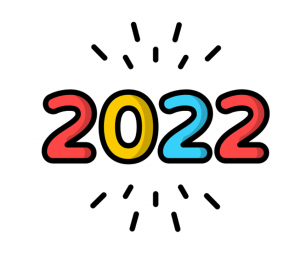 As we come to the end of 2022, we’re taking a look back at some of our research and knowledge exchange successes from across the year.
As we come to the end of 2022, we’re taking a look back at some of our research and knowledge exchange successes from across the year.
In today’s blog post, Professor Jane Murphy, Deputy Dean for Research and Professional Practice in the Faculty of Health and Social Sciences, shares some of her highlights…
“I started this role on 1st April 2022 – April Fool’s Day, ironically! At the same time, I started a new funded project – the DIALOR ( DIgitAL cOaching for fRailty) project, which has been funded by the NIHR ARC Wessex and is a digital health coaching project for people in the early to moderate stages of frailty.
Starting a new role and a project on the same day was quite interesting and there was lots to prepare and get up and running but I was really fortunate to have a huge amount of support from my predecessor.
It’s been brilliant to join such an inspiring and forward-thinking leadership team and also great to work with colleagues across the Faculty in a different role.
It’s been a really exciting year for the Faculty in terms of research. We obviously had the REF results in May, with lots to celebrate from our submission, and some major research successes and funding awarded – such as Professor Edwin van Teijlingen’s NIHR grant for drowning prevention work in Bangladeshi children.
We’ve also had a lot of new staff join us this year and, in particular, early career researchers (ECRs) within the Faculty, and I’ve started work this year on understanding how we can better promote a positive research culture.
One of the initiatives that I’ve implemented is a new ECR Community Hub, which I’m running in partnership with Professor Lee Ann Fenge so we have both the health and social care perspectives. We’ve had a couple of meetings to date and will have more in the New Year but it gives our new ECRs and research staff an opportunity to come together, have a conversation, and meet with myself and Lee Ann.
We’ve also established a new Professoriate Group which is going to be chaired by Professor Vanora Hundley for professors and associate professors.
We’re making the most of our new fantastic new building – it’s made such a difference being able to walk down the corridors and bump into people and make those connections. Next year, we’ll be looking at ways to use the building to bring our research to life and thinking creatively about how we can bring people into our lovely building and show them what we’re doing.
We’re also building exciting partnerships, such as our links with University Hospitals Dorset. We had the research event in October, which was really successful, and we’ll be having more engagement events to help develop new pathways to grow research and support clinical academics who want to conduct research in partnership with us.
We’re building similar models with Dorset Healthcare NHS Foundation Trust and Dorset County Hospital as well, so it’s very much a Dorset-wide approach, strengthening and growing the region as a place to engage with education and research, with the capability to improve patient care and public health.
I think as a Faculty, we’re in a really strong position. We have ambitious targets for our research income and knowledge exchange but underpinning that, we’re thinking our strategy and processes and what we need to put in place to help us grow and develop and help us achieve those targets. I’m looking forward to continuing to build on this work in 2023!”
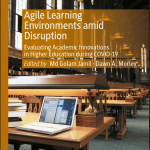

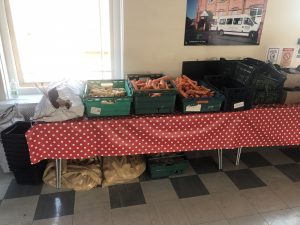

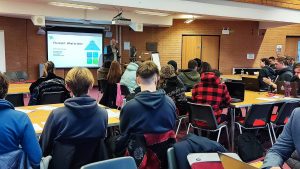
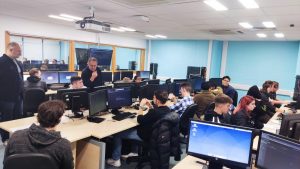

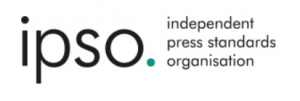
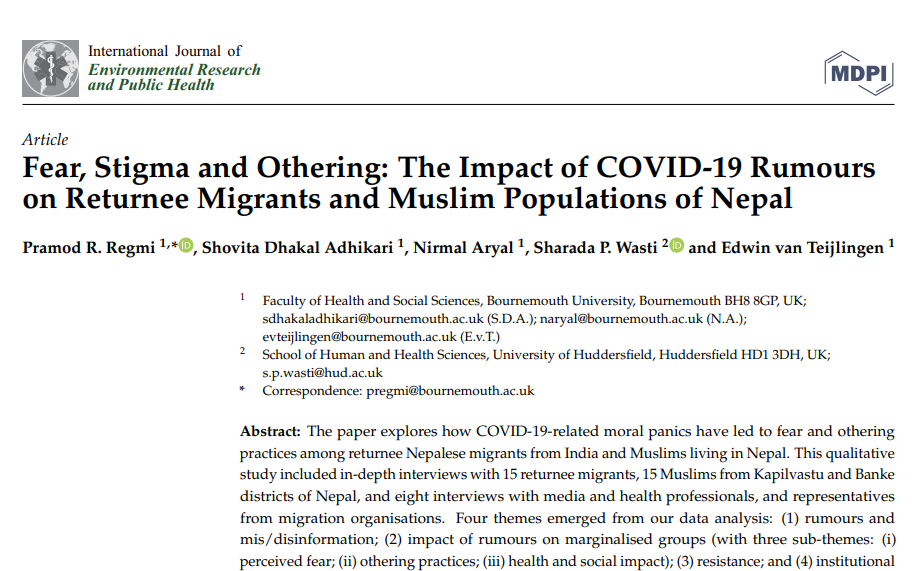
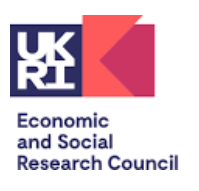



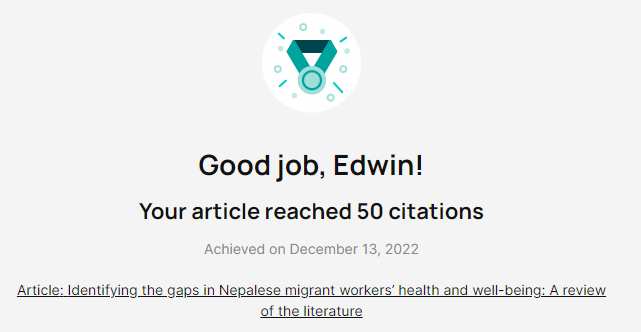


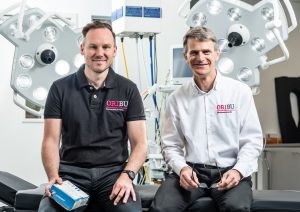
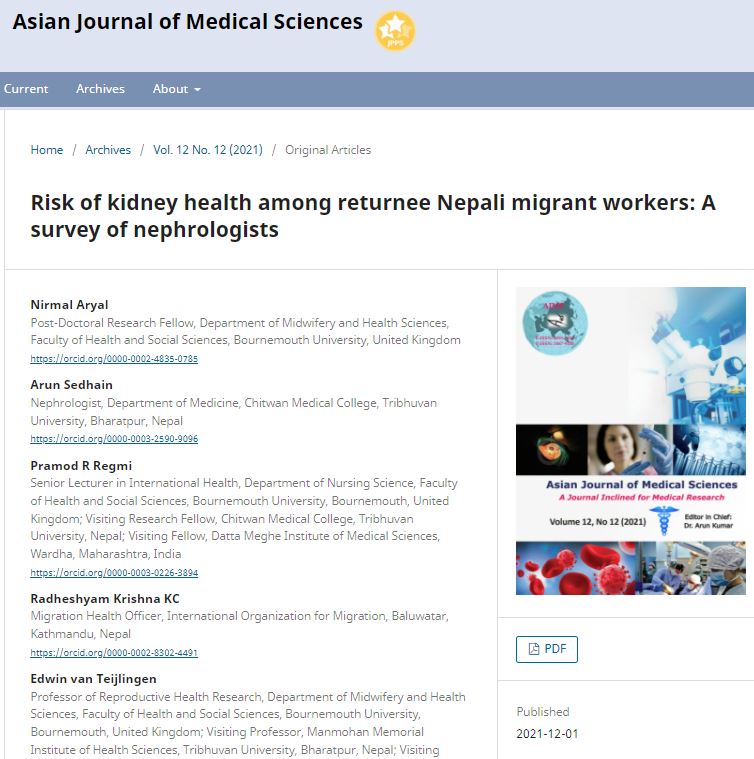
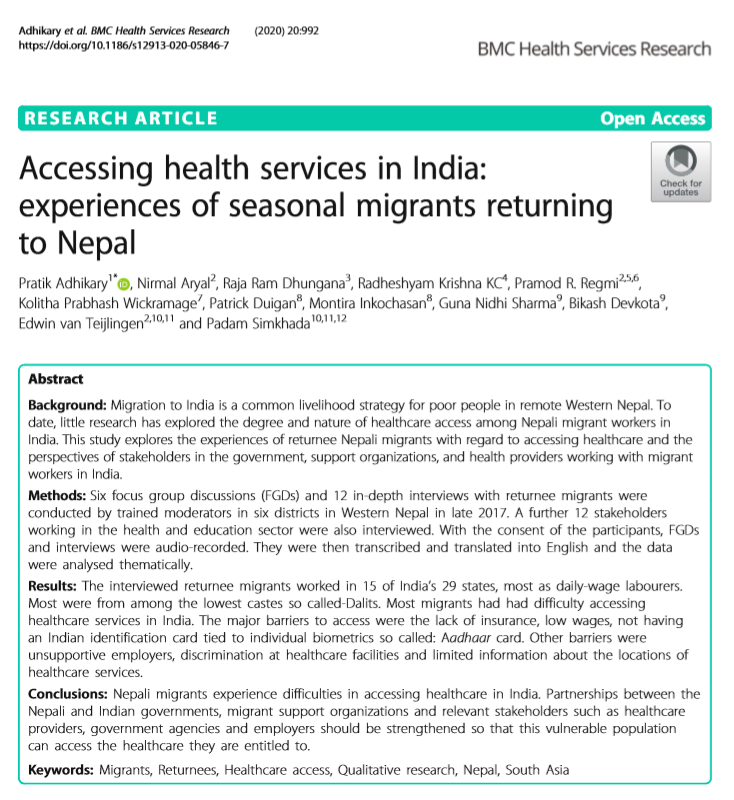


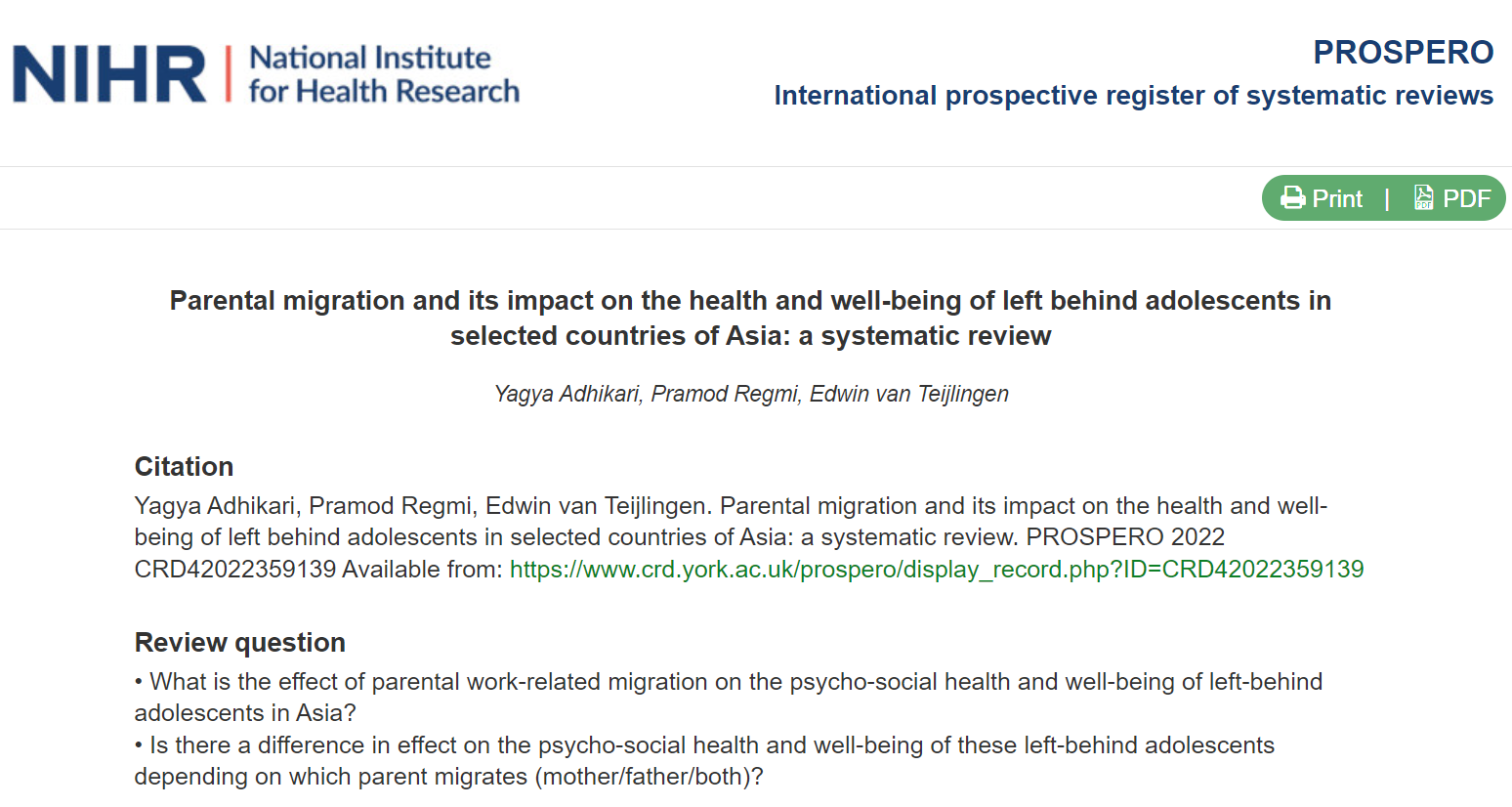
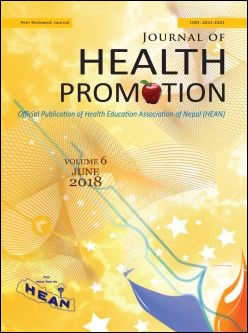

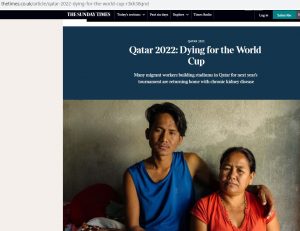

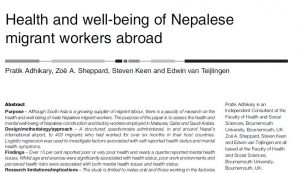
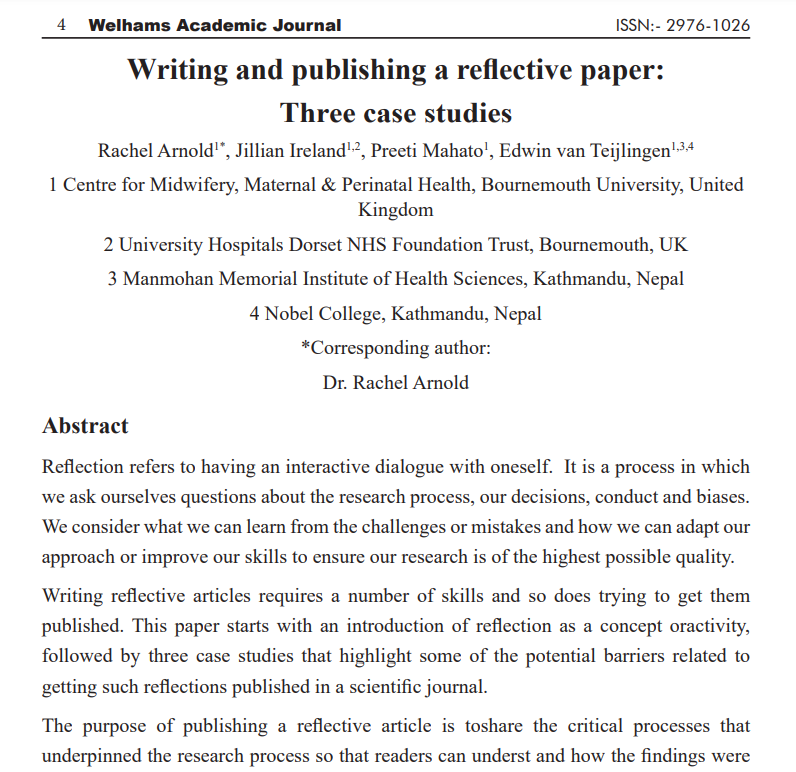












 Upcoming opportunities for PGRs – collaborate externally
Upcoming opportunities for PGRs – collaborate externally BU involved in new MRF dissemination grant
BU involved in new MRF dissemination grant New COVID-19 publication
New COVID-19 publication MSCA Postdoctoral Fellowships 2024
MSCA Postdoctoral Fellowships 2024 Horizon Europe News – December 2023
Horizon Europe News – December 2023